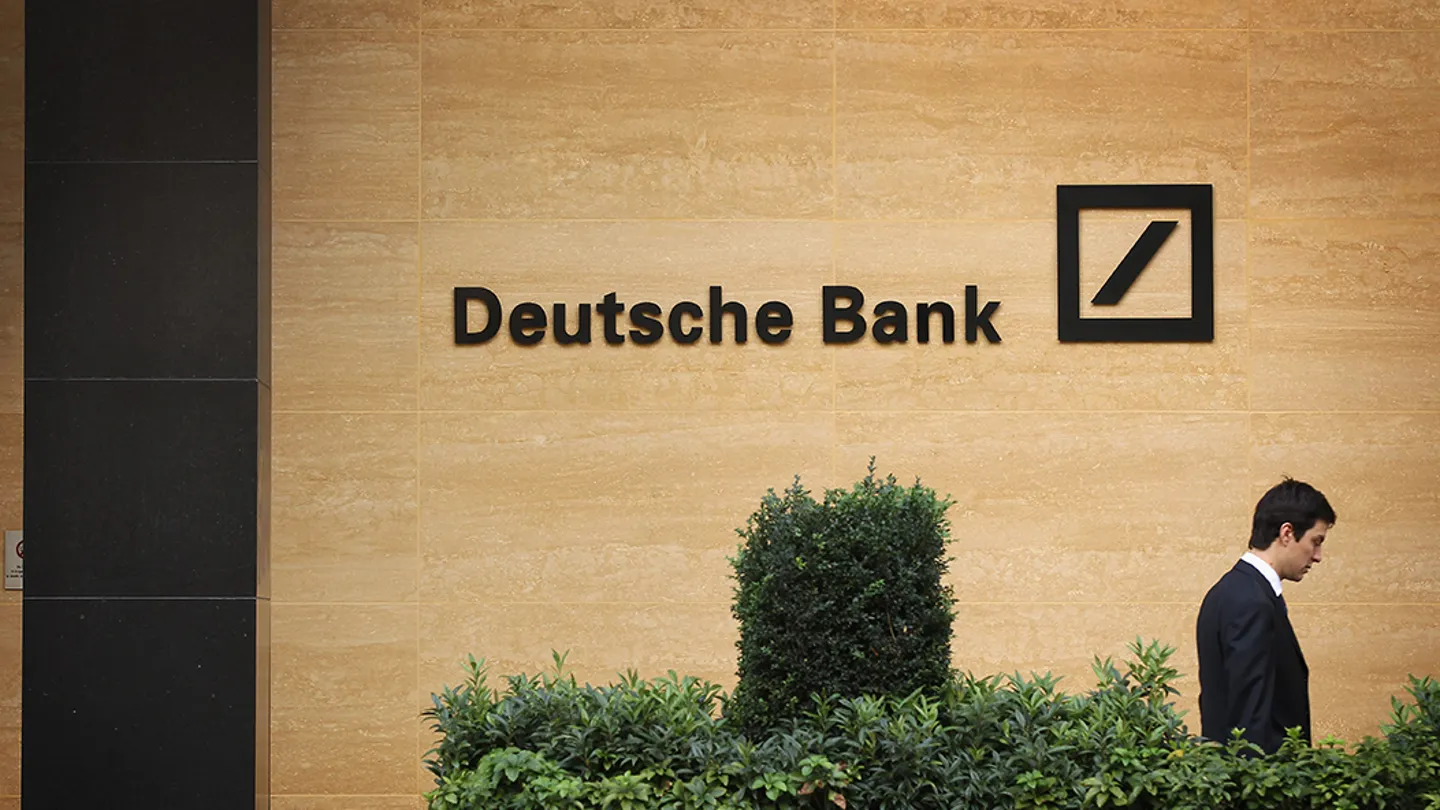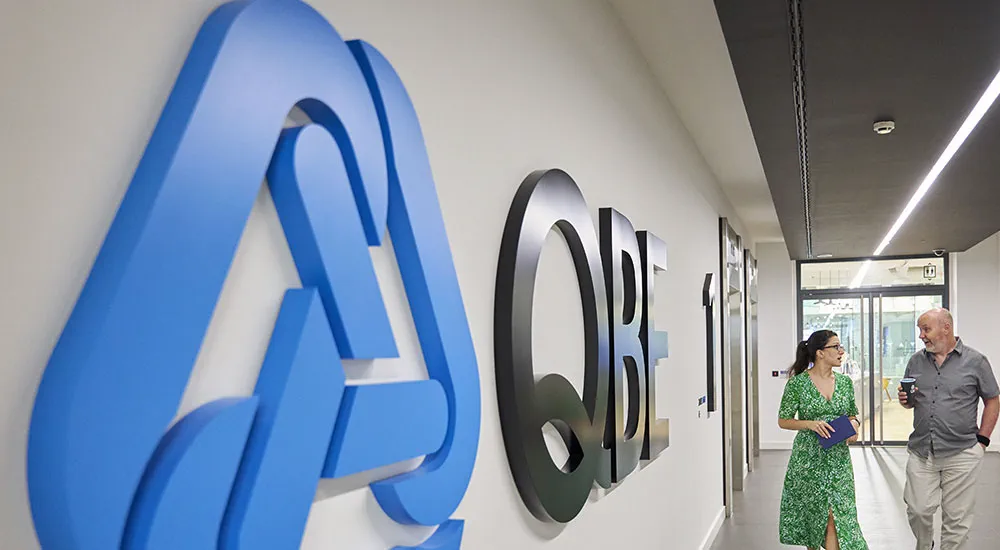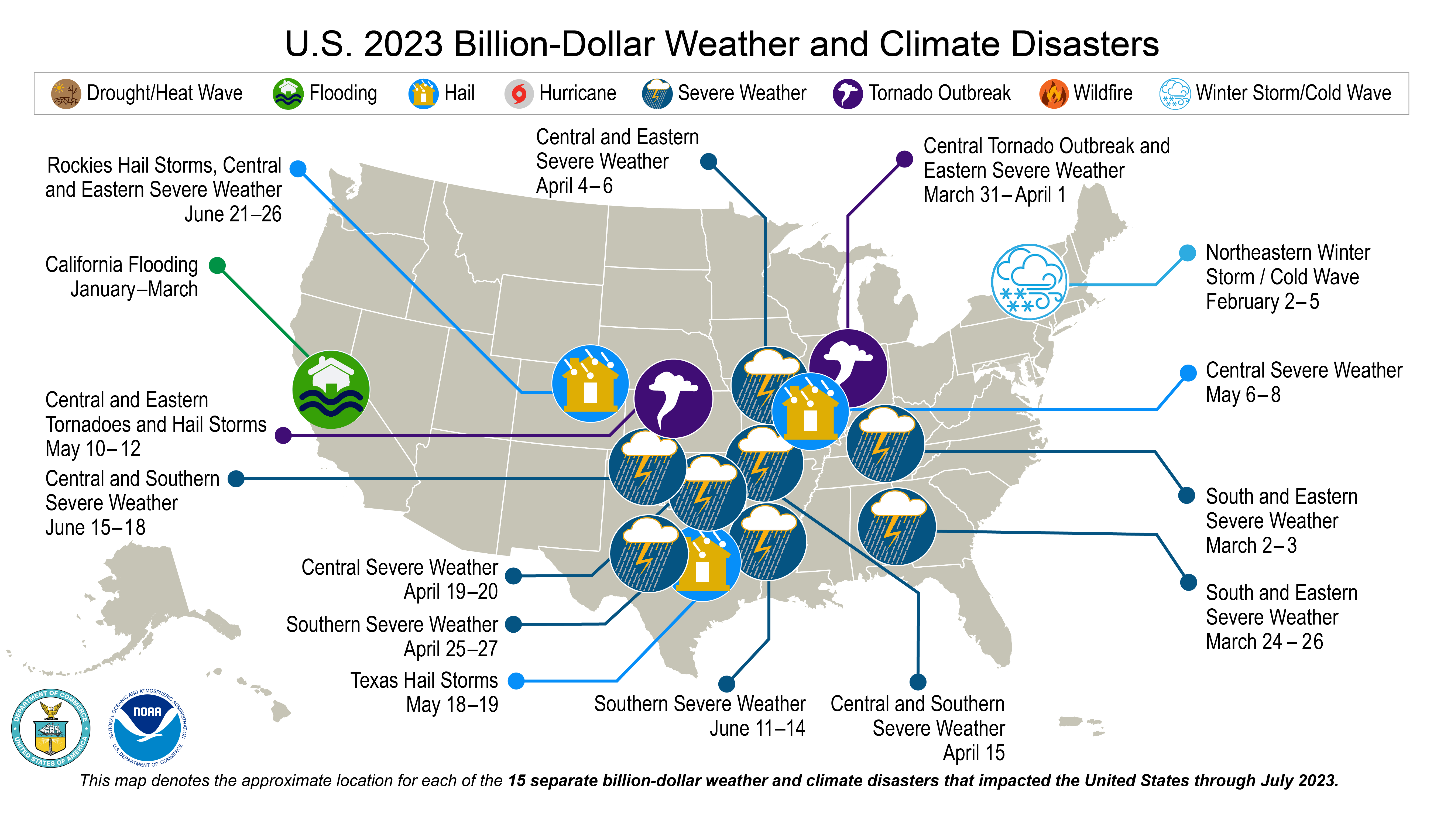Editor’s note: ImpactAlpha contributing editor Imogen Rose-Smith, a longtime senior writer for Institutional Investor, contributes a bi-weekly column on the policies, practices and strategies of the largest asset allocators, including pensions, foundations, and endowments. As Imogen says, she’ll be “tracking what investors do, not just what they say.”
ImpactAlpha, August 16, 2021 – Picture this: You’re an ESG executive for a major global capital allocator or asset manager.
Your firm or fund desperately wants to paint a picture of itself as a good global citizen and a leader in environmental, social and governance performance. Your mandate is to be seen as making progress on responsible investment, climate change and diversity. Billions of dollars in client assets are at stake.
But you know your investment teams are making investments and decisions that are, ahem, not particularly ESG-friendly. There are those investments in coal-fired power plants. And what’s up with the continued allocations of capital to managers with known histories of sexist, discriminatory or bullying behavior? Not to mention your own firm’s internal performance on diversity, equity and inclusion.
If you’re Desiree Fixler, you speak out about problems in your firm’s management of E, S and G – and, she says, get yourself fired.
Fixler was head of sustainability for DWS Group, the asset management business of Deutsche Bank. She was fired in March, a day before DWS released its annual report claiming that over 50% of its $935 billion assets under management are subject to some level of ESG integration or screening.
Fixler and some of her colleagues knew the 50% figure was exaggerated. In fact, the firm was struggling with ESG integration, The Wall Street Journal reported this month.
Uncomfortable Truths
As it attracts assets at a record pace, ESG and impact investing, more used to being a consensus, feel-good boutique, finds itself in the crosshairs from two directions. The historic doubters, who questioned whether money could be made, have been replaced by new skeptics, who question whether the investment shift amounts really to anything in real-world change.
That critique is gaining salience as more capital flows into ESG investment at the same time global troubles and tensions intensify. If so much capital is stepping up to combat climate change, how can this month’s report from the U.N.’s Intergovernmental Panel on Climate Change paint such an alarming picture of where the world is headed?
The pressure is on allocators and fund managers to be on the right side of history. But in an environment primarily focused on returns, it is still safer to lead with rhetoric rather than action.
Advocates for ESG and sustainable investment are keen to see the approach to finance succeed, and know that many remain sceptical. So critics of overstated performance or other attempts at impact- or greenwashing are doubly silenced out of commitment to the broader movement of capital toward sustainability and inclusion. They don’t want their critique of the execution to justify the entrenchment of the status quo.
Sure, Anand Giridharadas, author of Winners Take All, had made a career of bashing self-hating philanthrocapitalists. He can call them hypocrites to their faces – and still get invited to all the fun parties. But mainstream asset management doesn’t work like that. Inside firms and funds, ESG experts have been sidelined, or worse, for speaking out or raising objections to investment or business decisions.
Most of the stories never make their way into the press, even when activities go beyond greenwashing to wrongdoing, some of it perhaps criminal. The career consequences of speaking up can be grave. People in finance want to feel good about themselves and good about making money. And they certainly do not want to air dirty laundry in public.
Tariq Fancy’s ex post facto critique of BlackRock’s early ESG efforts probably had little effect on BlackRock, where he was global chief investment officer for sustainable investing. Yet speaking out has left Fancy more or less unemployable by any major asset manager even and especially if he is right. Luckily for him, he has spun his story into a book due out this month. His “Sustainable Investor Secret Diary” is treading that fine line when he calls ESG investment out as a “dangerous placebo” and a “deadly distraction” from tackling climate change.
One need only to look at BlackRock’s website to see how the $9.5 trillion asset manager is staking its brand on ESG and sustainability stewardship. I remember a time not that long ago (ok, 2010) when I couldn’t get anyone from BlackRock to talk about socially responsible investment, as it was then known, for a story in Institutional Investor.
Speaking up
DWS calls itself a “pioneer in responsible investment” with a 25-year track record in the field. And proudly touts its A+ rating from the Principles for Responsible Investment, or PRI.
“As a firm, we have placed ESG at the heart of everything that we do,” DWS’ Asoka Woehrmann wrote in his CEO letter accompanying the firm’s 2020 annual report. “We want to lead the asset management sector in ESG, both as a fiduciary and as a corporate”.
There was a serious disconnect between what DWS was telling investors and shareholders about its ESG efforts and what was happening behind closed doors, the Journal reported. “Ms. Fixler said she believes DWS misrepresented its ESG capabilities. She said revisions and verbal objections she had made to the annual report before publication, including how many assets were under ESG integration, were never included. She said she was fired because she was too vocal about problems and has filed an unfair dismissal case against DWS in a labor court in Germany.”
DWS stands by its annual report, disputes its former head of sustainability’s allegations, and says her ESG efforts “didn’t gain traction.”
“As chief sustainability officer, as a proponent of ESG, how could I not speak up on wrongdoing,” Fixler told the Journal. “Posturing with big statements on climate action and inclusion without the goods to back it up is really quite harmful as it prevents money and action from flowing to the right place.”
Code of Silence
A problem for ESG is that its application relies on the good will and integrity of the people in authority. There are no universal disclosure standards or mechanisms of enforcement or oversight. Often, ESG executives lack authority in organizations where the people in charge are the ones making asset management of investment decisions. It can be hard to raise difficult issues, especially in instances where they are seen to be going against the primary objective of making money.
Which is not to say that ESG professionals are always right. It’s possible for there to be a healthy (as opposed to unhealthy) tension between the need for investment results and the best ESG outcome. Many situations are not black and white. The quest for returns, and fiduciary duty to investors, necessarily involves compromise.
Issues arise, however, when a chasm opens up between the right and wrong, putting the ESG professional in the position of having to speak up or give tacit support to unethical behaviour. This is all the more problematic if the organization is promoting itself as a champion of ESG. Which it probably thinks it is. After all, why go to all the trouble of hiring an ESG person in the first place?
The investment management industry is not kind to its whistle blowers. Fixler is in a unique, and unfortunate, position in that she was fired from her job and is suing her former employer. That leaves her with nothing to lose when talking to reporters. Fancy obviously decided he could better effect change from outside BlackRock, lobbing grenades in. Most skeletons stay in the closet. Most stories remain untold
Sadly, I don’t think the answer is to just ask people to be bolder, to put their jobs and reputations on the line for a business that, in all likelihood, will chew them up and spit them out. But we can do better together (and if you have a story to tell, ImpactAlpha’s lines are always open!)
There need not be a code of silence in ESG and impact investing. This isn’t organized crime, or even Lance Armstrong doping in the peloton at the Tour de France. The impact investment industry can and should do a better job of policing itself.
Often, we know who is really doing good versus who is putting on a show, or worse. We can stop indulging the bullies and do a better job of supporting the true allies and champions. The late, great investigative reporter Mark Pittman used to say, “Don’t look at what people say. Look at what they do.” We can do more.
Hiding in plain sight
The consequences of not speaking up were made clear in the downfall of the-once $13.6 billion Abraaj Group. In their recent book, The Key Man, journalists Simon Clark and Will Louch track the rise and fall of this Dubai based investment management firm and its mercurial leader, Arif Naqvi.
Naqvi founded Abraaj as a vehicle for institutional investors to get exposure to emerging market economies. The term “impact investing” did not exist in 2002 when Abraaj launched, but from the beginning Naqvi spoke openly about helping the poor and underserved. He became a darling of the Davos crowd and, as impact investing took off, among its most prominent proponents. Abraaj became a Harvard Business School case study on how to do well while doing good.
As the world now knows, Abraaj failed to live up to its lofty ambitions. Some investments that the firm talked up were, in fact, a disaster. From very early on, Naqvi allegedly mixed capital from various accounts and used client money to fund his own extravagant lifestyle. For a man who spoke eloquently and often about the need for empathy in capital markets – the caring heart of capitalism — Naqvi was, according to this account, a tyrannical bully who demanded absolute loyalty from his employees. Today, the one-time globe trotter is under effective house arrest in the U.K., fighting extradition to the U.S. where he faces charges of fraud and racketeering.
The human tragedy of Clark and Louch’s compelling book is the employees who came to work at Abraaj and became increasingly disillusioned as they learned more about what was really going on. Many watched their dream job, an opportunity to do good in the world while also getting rich, crumble before their eyes, leaving them complicit in a farce. The best they could manage was extract themselves from the business, and even that has proven to be a challenge.
Until the whole business started to fall apart, few if any Abraaj employees spoke out about what was going on.
This code of silence results from the nature of the investment industry itself. This is a business which relies on background checks and references. To speak up, or to publicly speak out, can be a career-ending, or at the very least extremely career-limiting, action.
Corrupt, toxic or unethical corporate cultures are not just a problem for ESG and impact investors. Everyone is impacted in such an environment. But ESG and impact professionals are supposed to care about these issues. There is an implicit moral responsibility to not look away.
Even when it’s not fraud, ESG investment professionals can be put in a horrible position. At least two people I know of have walked away from what they had thought were dream impact investment jobs because management behavior was rife with harassment and bullying.
Sometimes just the act of walking away can be courageous.
Imogen Rose-Smith is a contributing editor at ImpactAlpha. A longtime senior writer for Institutional Investor, she was most recently a fellow in the Office of the Chief Investment Officer of the University of California.
Catch up on all of Imogen’s Institutional Impact columns.











